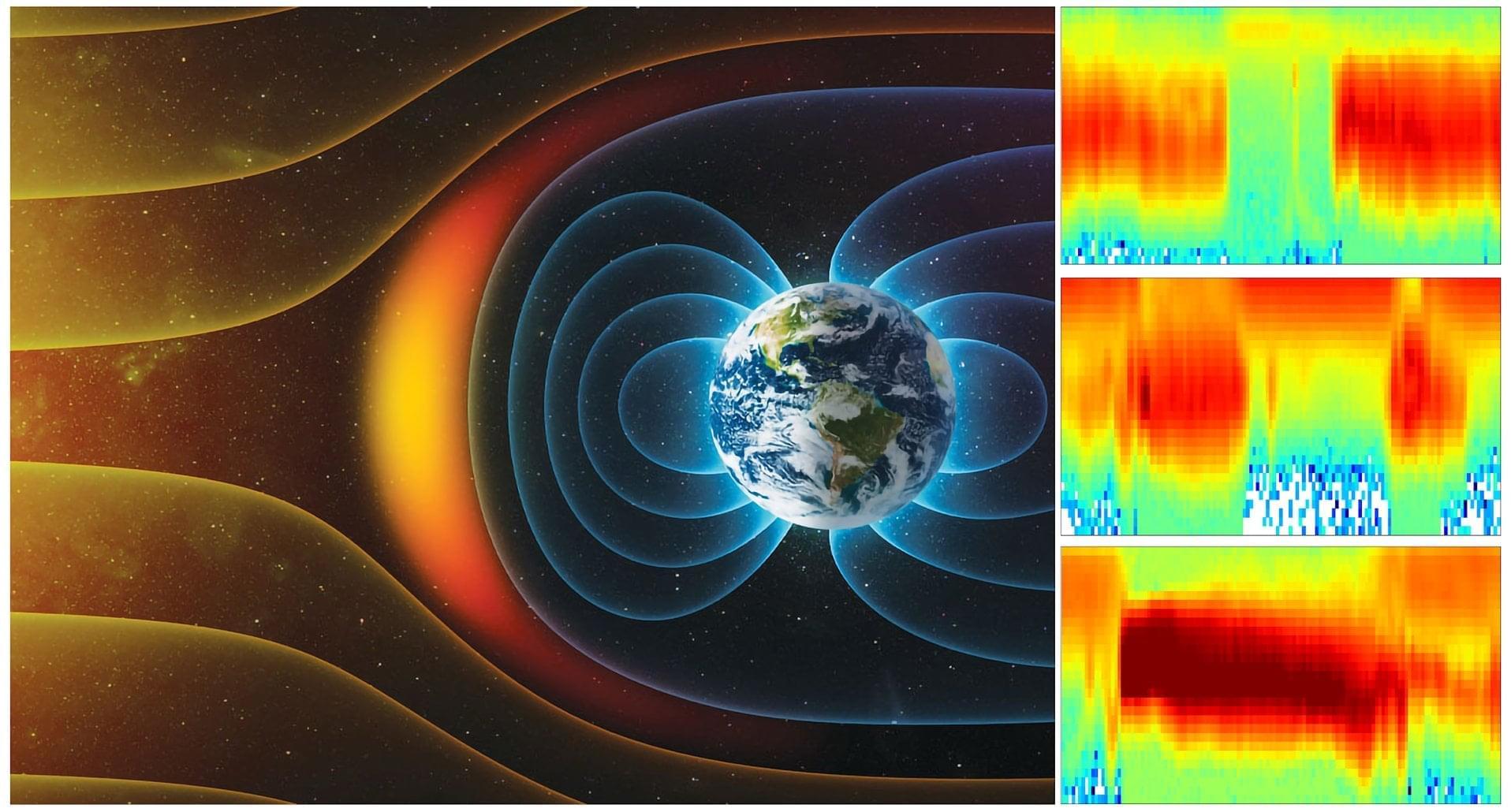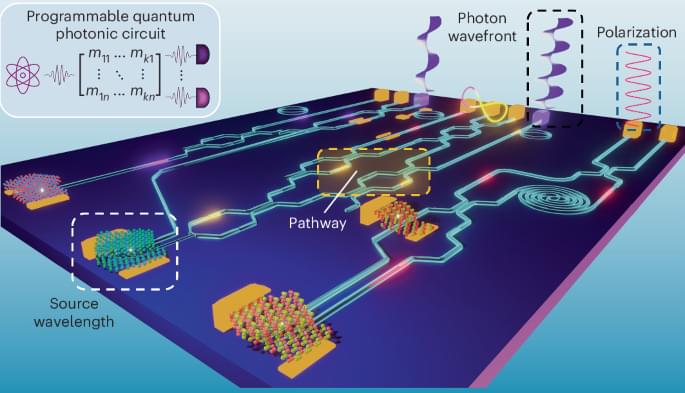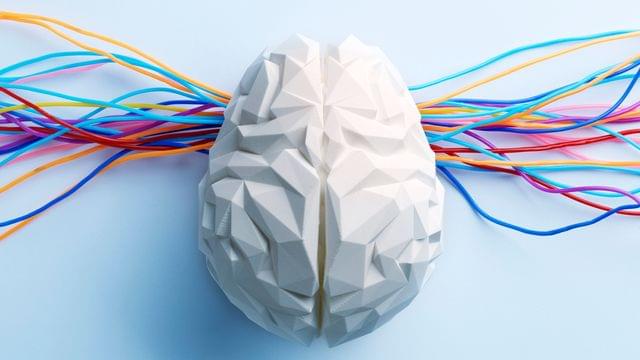NASA has announced the Space Umbrella project, in which participants will use data from NASA’s Magnetosphere Multiscale (MMS) mission to shed light on solar storms.






“Our results show that even during Mars’ most recent volcanic period, magma systems beneath the surface remained active and complex,” said Dr. Bartosz Pieterek. [ https://www.labroots.com/trending/space/30240/mars-volcano-f…e-phases-2](https://www.labroots.com/trending/space/30240/mars-volcano-f…e-phases-2)
How did young volcanoes on Mars form? This is what a recent study published in the journal Geology hopes to address as a team of scientists investigated the complex geological processes responsible for forming the first volcanoes on Mars. This study has the potential to help scientists better understand the recent environment on Mars over the last several million years and what this could mean for finding signs of life on the Red Planet.
For the study, the researchers used a combination of mapping and orbital data to analyze the mineralogical and geological volcanic features near one of Mars’ largest volcanoes, Pavonis Mons. The goal of the study was to ascertain the eruption history of these volcanoes, specifically whether they formed from single, short-lived eruptions or perhaps something that lasted longer and was more complex. In the end, the researchers found that the processes involved in forming the volcanoes were far more complex than previously thought. Specifically, the interior volcanic activity consisted of several magma chambers that grew and developed over time, resulting in multiple eruption events and several types of minerals that erupted onto the surface over several eruption cycles.

A UCLA study in mice reveals that aging muscle stem cells accumulate a protein that slows repair but boosts survival. This protein, NDRG1, acts like a brake, preventing cells from activating quickly after injury. When researchers blocked it in older mice, muscle healing sped up dramatically — but stem cells became less resilient over time. The work suggests aging may reflect a survival trade-off rather than straightforward decline.


Fasce, A., Rosales-Trabuco, J., Barberia, I. et al. Sci Rep 16, 4,995 (2026). https://doi.org/10.1038/s41598-026-38260-w.


Xu et al. reveal that co-infection of nematodes and pathogens is a global phenomenon. Root-knot nematodes reprogram rhizosphere metabolism, reducing defensive tomatidine while increasing sugars that reshape rhizosphere microbiome. These changes suppress antagonistic microbes and promote pathogen proliferation, which enhances nematode survival and gall formation, leading to complex co-infection dynamics.